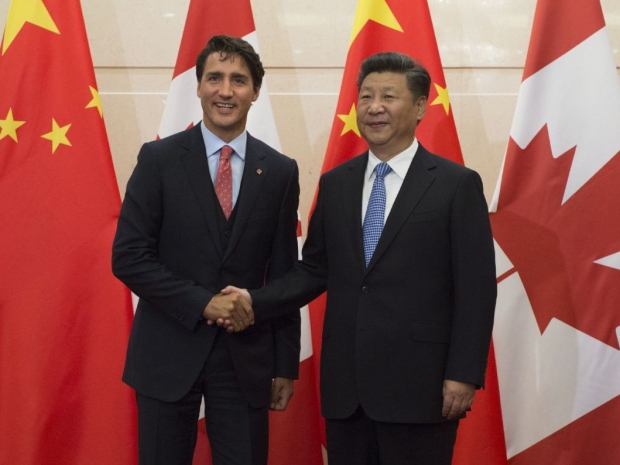Justin Trudeau is now pushing Bill C-10, a law that would see Canadians subjected to the most regulated internet in the free world.
According to the Vancouver Sun, the law is being pitched as a way to expand Canadian content provisions to the online sphere, however, since the law got into committee its rules have been expanded.
For example, one rule would allow the federal government to order the deletion of any Facebook, YouTube, Instagram or Twitter upload made by a Canadian.
To be fair to Trudeau, other Canadian politicians are loving the idea of internet censorship. NDP leader Jagmeet Singh indicated his party was open to providing the votes needed to pass C-10, seeing the bill as a means to combat online hate. While that is true, it could also be used to shut down anyone who is remotely critical of the government.
The users themselves may not necessarily be subject to direct CRTC regulation, but social media providers would have to answer to every post on their platforms as if it were a TV show or radio programme.
The current Liberal cabinet has openly flirted with empowering the federal government to control social media. In September, Infrastructure Minister Catherine McKenna said that if social media companies "can't regulate yourselves, governments will".
Guilbeault, the prime champion of Bill C-10, has spoken openly of a federal regulator that could order takedowns of any social media post that it deems to be hateful or propagandistic.
Basically, if your Canadian website isn't a text-only GeoCities blog from 1996, Bill C-10 thinks it's a programme deserving of CRTC regulation. This covers news sites, podcasts, blogs, the websites of political parties or activist groups and even foreign websites that might be seen in Canada.
The penalties prescribed by Bill C-10 are substantial. For corporations, a first offence can yield penalties of up to $10 million, while subsequent offences could be up to $15 million apiece.
If TikTok, Twitter, Facebook and YouTube are suddenly put in a situation where their millions of users must follow the same rules as a Canadian cable channel or radio station, it's not unreasonable to assume they may just follow Facebook's example in Australia and just leave.




